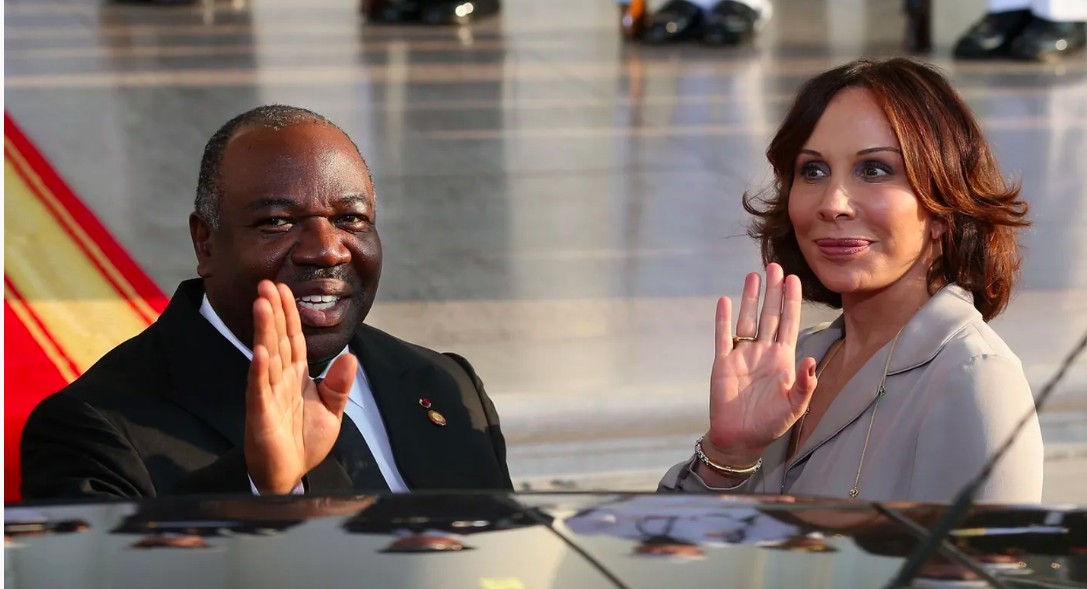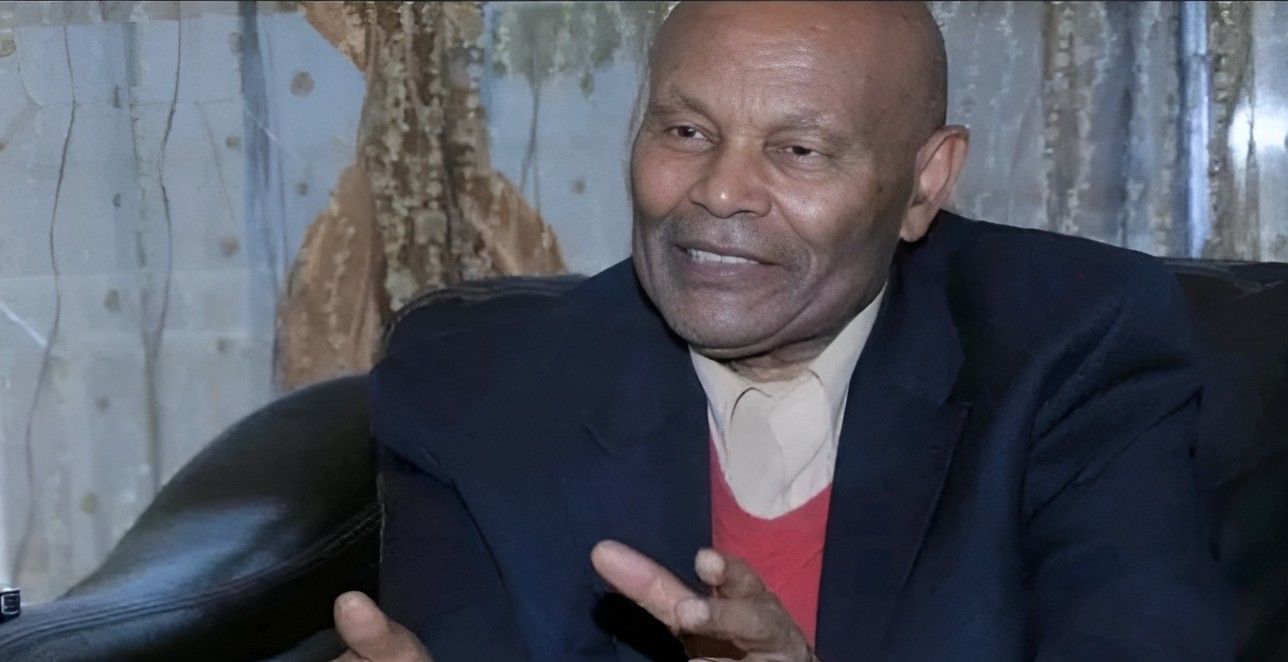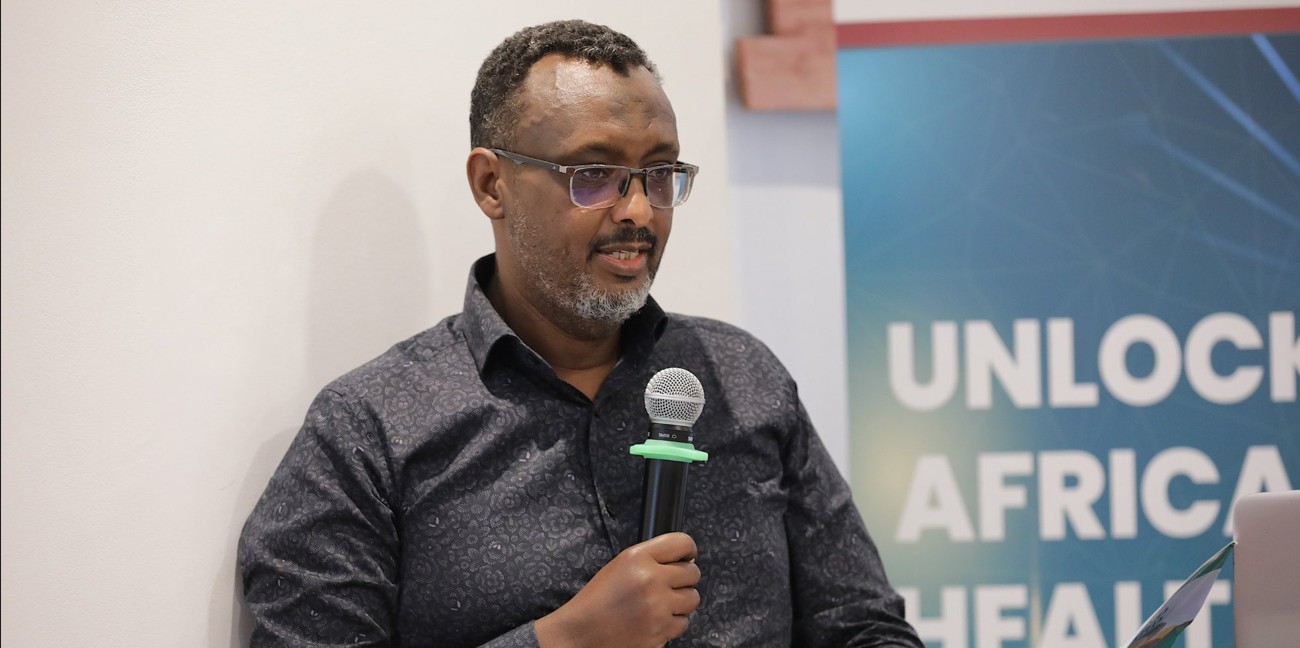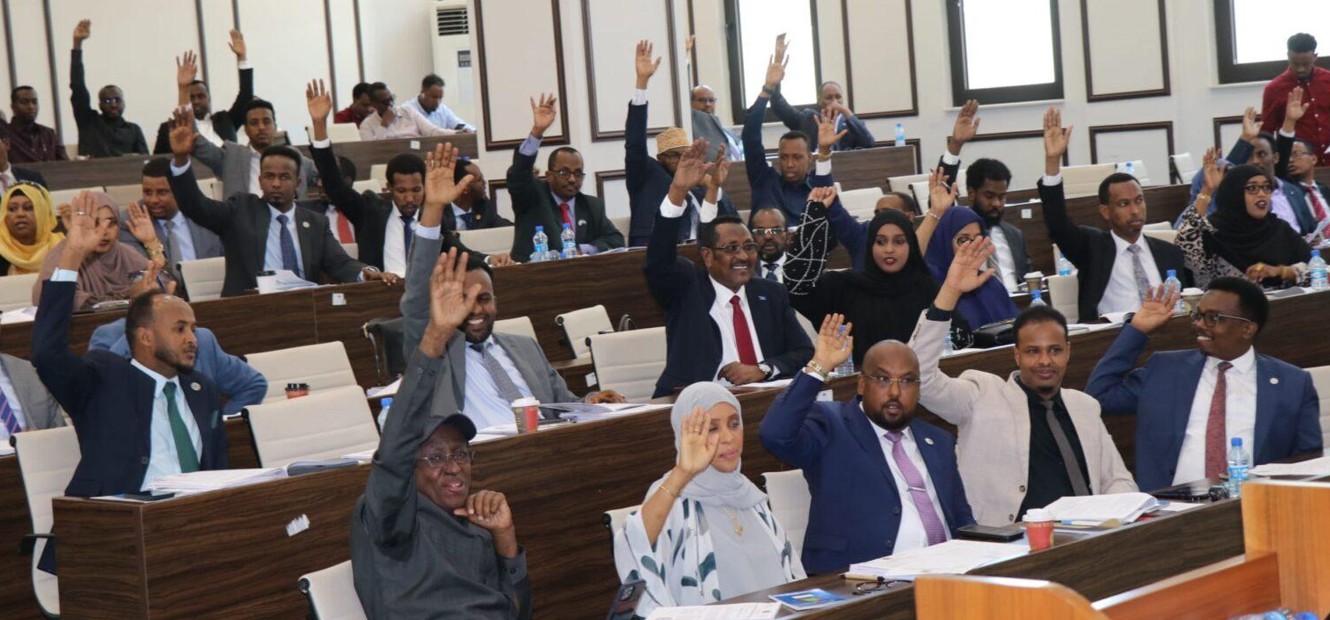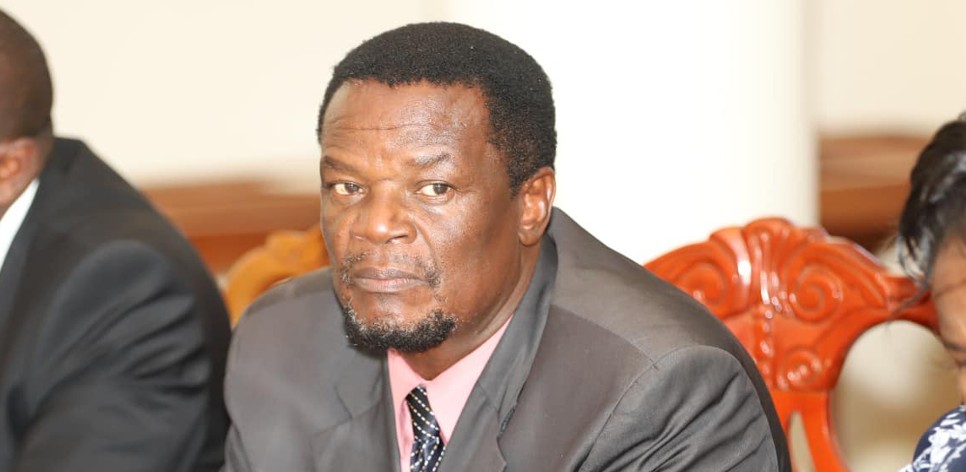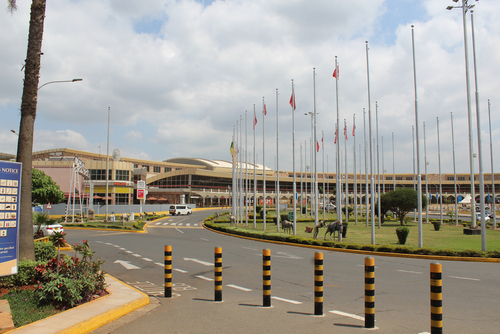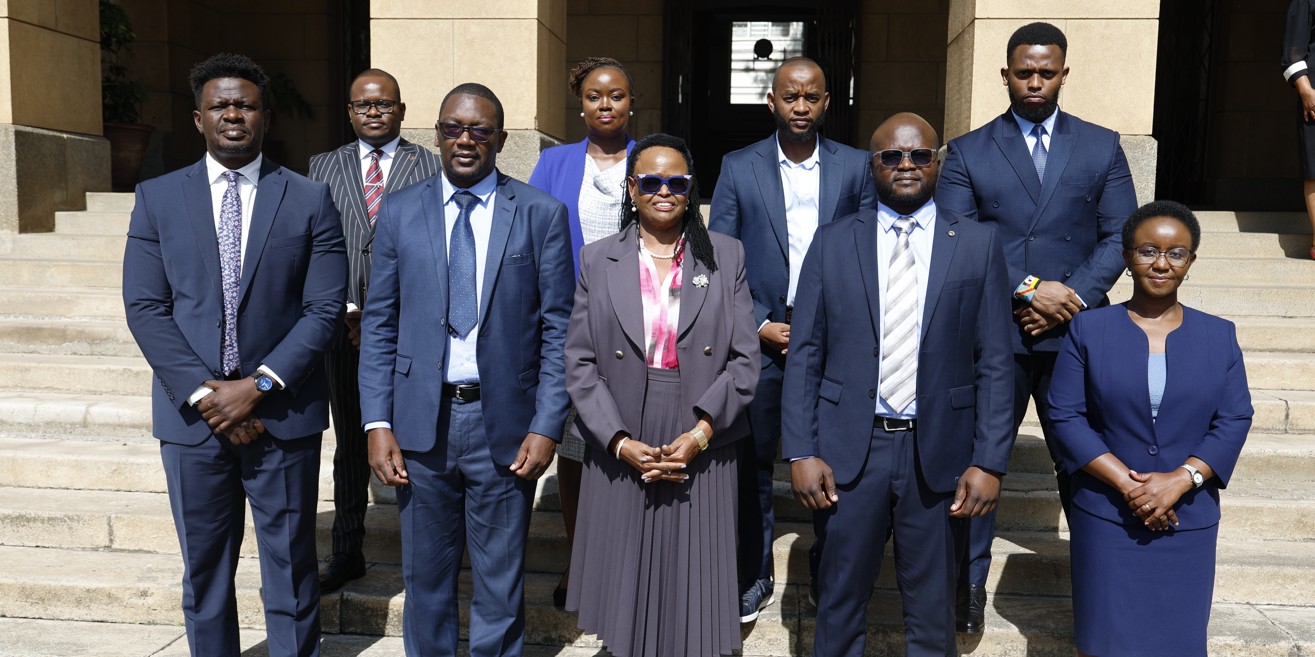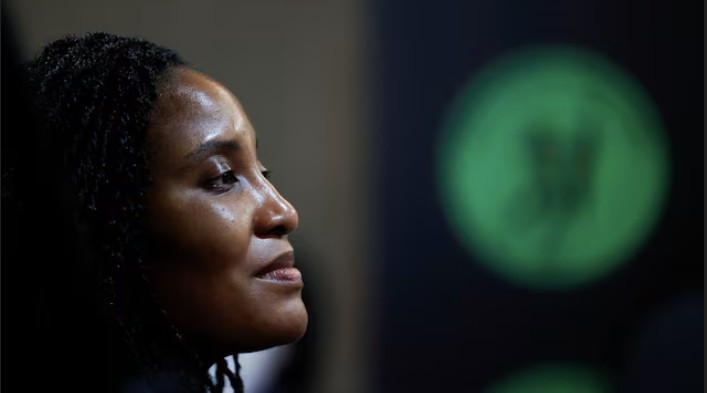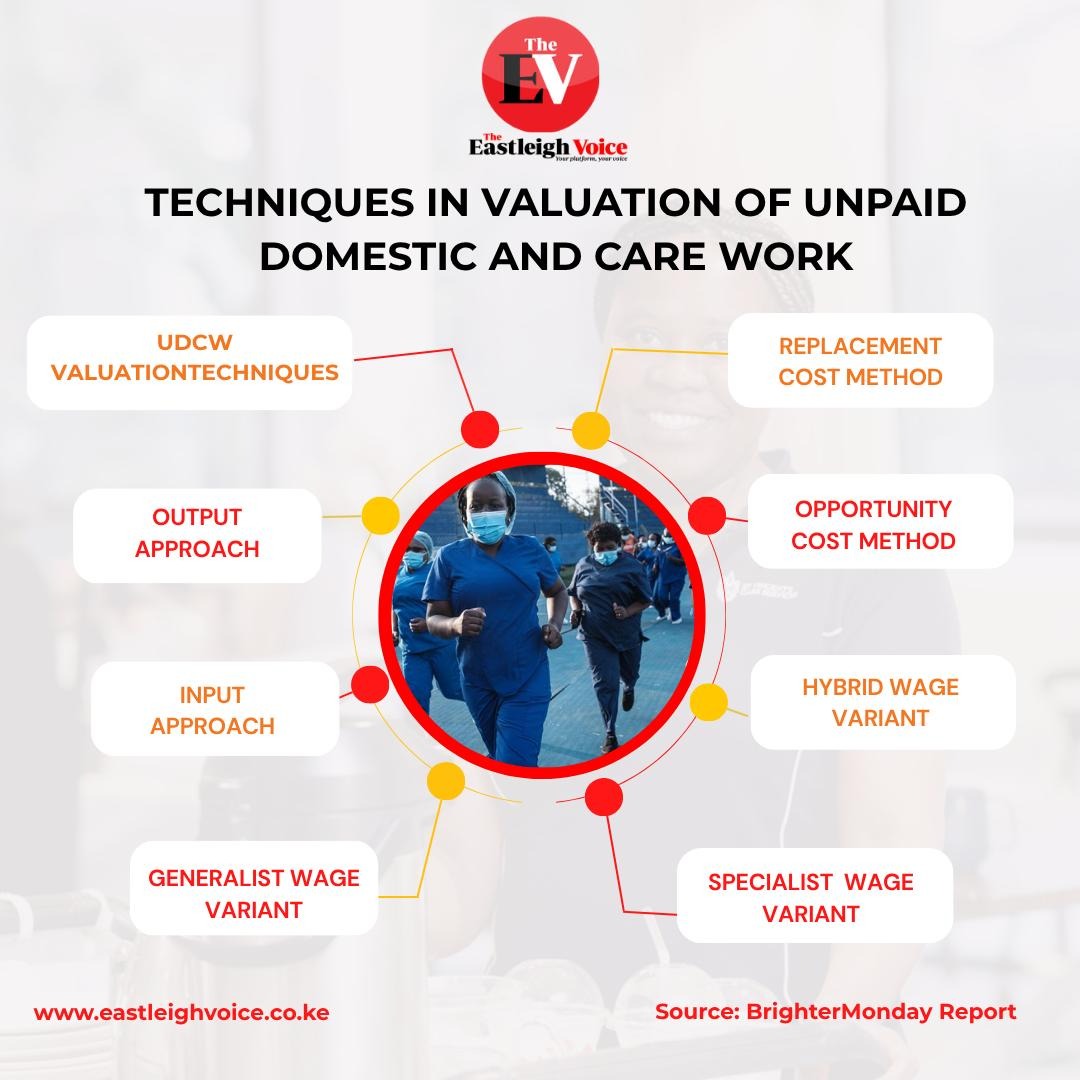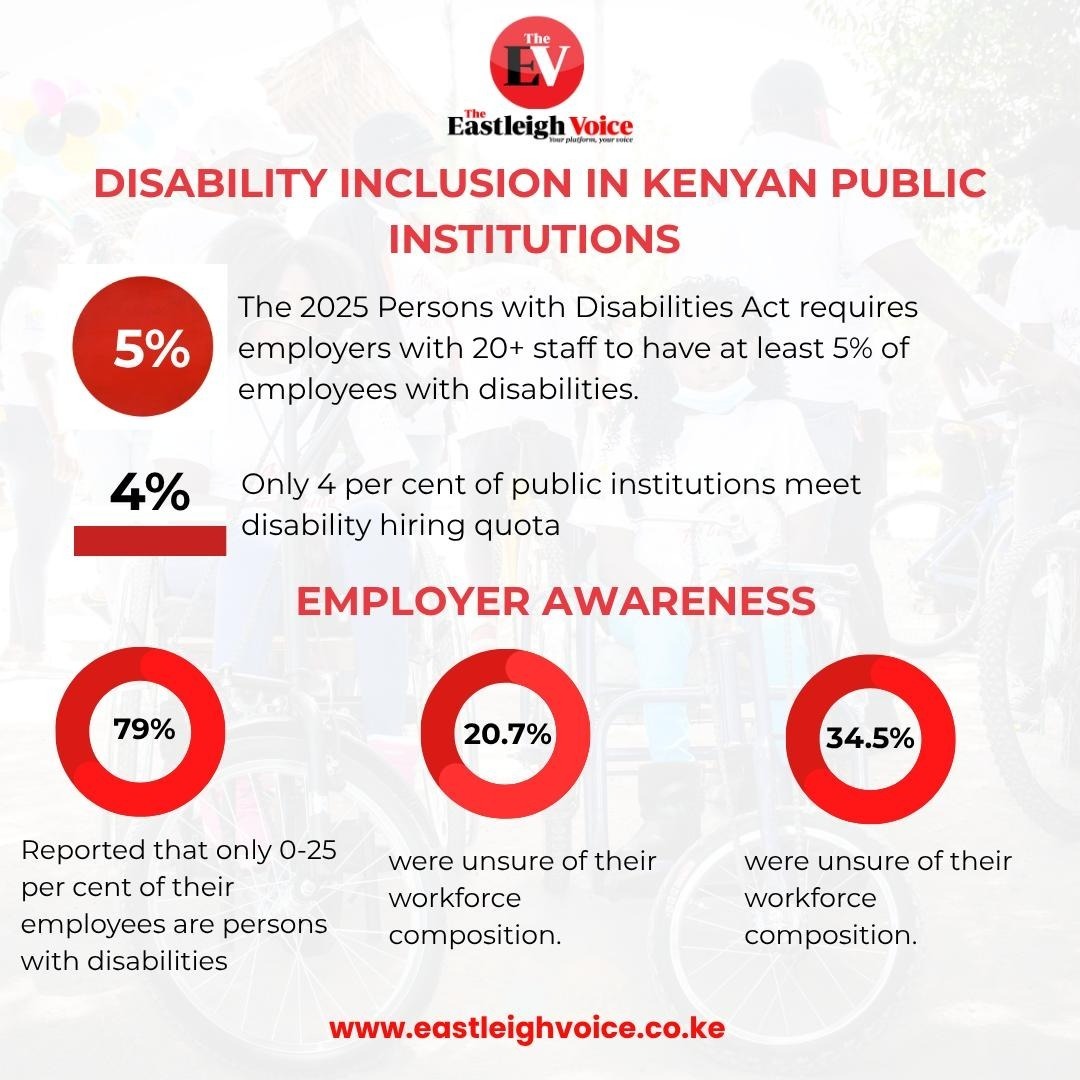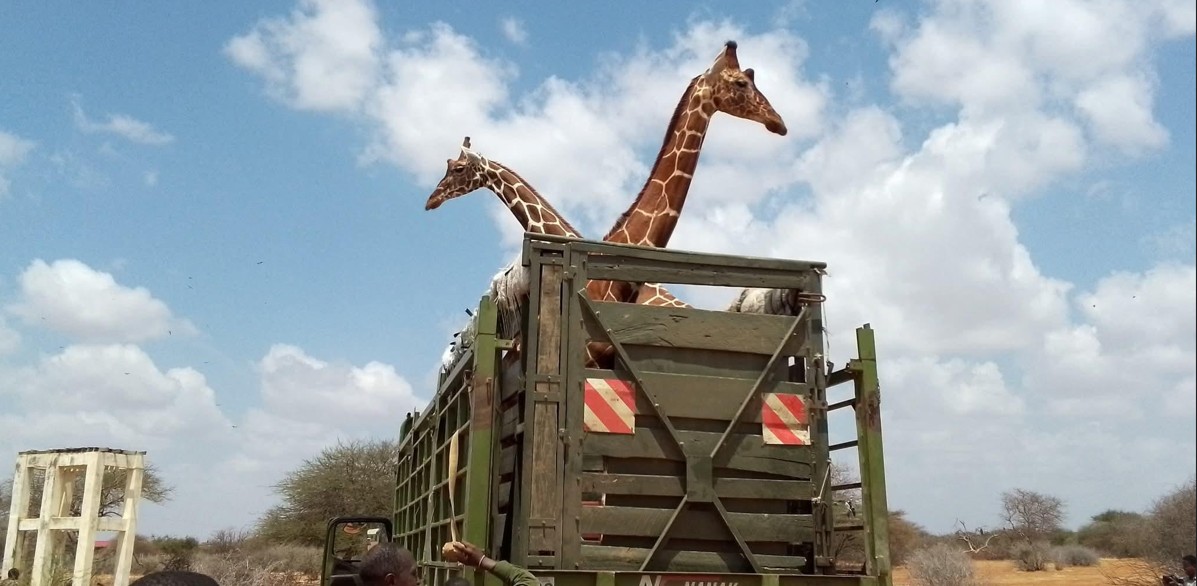Kenya now turns to UN telecommunications agency to regulate Starlink
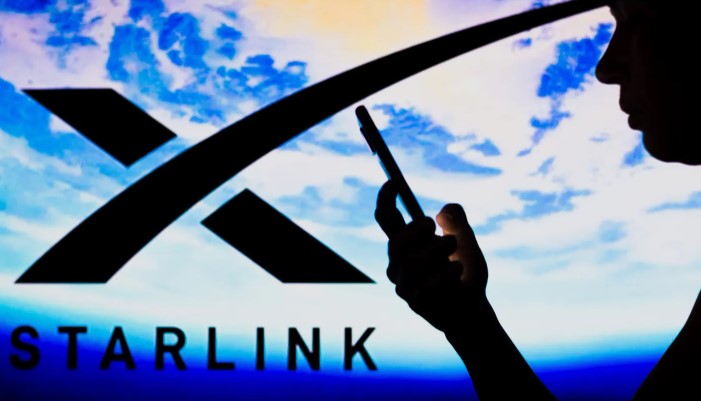
Starlink, which entered the Kenyan market in July 2023, offers internet at a significantly lower cost compared to traditional broadband providers, disrupting the telecom sector.
The Communications Authority of Kenya (CA) has now turned to the United Nations' International Telecommunication Union (ITU) for guidance on regulating satellite internet providers like Elon Musk's Starlink, citing concerns over fair competition and the complex, cross-border nature of such services.
Starlink, the satellite division of Musk's SpaceX, has revolutionised internet access with a network of over 6,400 active satellites orbiting the earth, providing low-latency broadband across the globe.
More To Read
- Communications Authority of Kenya takes LSK to court over controversial cybercrime law
- Kenya records 842 million cyber threats as AI-powered attacks escalate
- CA orders telecom operators to adopt licensed digital certification services or face penalties
- Telecom operators ordered to adopt approved digital certificates by January 2026
- Safaricom leads Kenya’s fixed data and internet market - CA
- DStv Kenya faces subscriber exodus as families ditch pay TV for cheaper options
However, the CA has raised alarm over the regulatory challenges this new technology poses, particularly in countries like Kenya where the service has sparked debate between local telecom operators and international providers.
Kenya's decision to rely on the ITU for regulatory guidance comes as the country navigates how to manage the growing influence of satellite internet providers.
Starlink, which entered the Kenyan market in July 2023, offers internet at a significantly lower cost compared to traditional broadband providers, disrupting the telecom sector.
In response to a lawsuit filed by local NGO Kituo Cha Sheria, the CA stated that the country is adopting a global approach to regulation, awaiting a framework from the ITU that will guide member states on issues such as spectrum allocation, data privacy, and space debris management.
"The urgent consultation and conversation between member states of ITU with a view to coming up with a globally harmonised template of regulations for the technology, which the member states then can panel-beat to suit their domestic or municipal circumstances and national interests," the CA said in a statement to the High Court.
Fair competition
The CA also noted that Kenya is actively involved in the ongoing discussions at the global level to ensure fair competition and secure operations in the satellite internet sector.
While the regulatory framework is still under development, the CA emphasised that the response to Starlink's operations will be shaped by ITU's global guidelines, rather than immediate changes to local rules.
The CA's cautious approach highlights the complexities of regulating cross-border satellite internet services.
Starlink's technology, which bypasses traditional terrestrial infrastructure by connecting directly to user devices via satellite, is challenging not just for Kenya, but for countries worldwide.
Kenya's telecom regulator expressed concerns about the potential for interference with other telecom networks, such as Safaricom, which dominates the local market.
Safaricom, the country's largest telecom provider, has voiced concerns over Starlink's operations, urging the CA to require satellite providers to partner with local mobile operators.
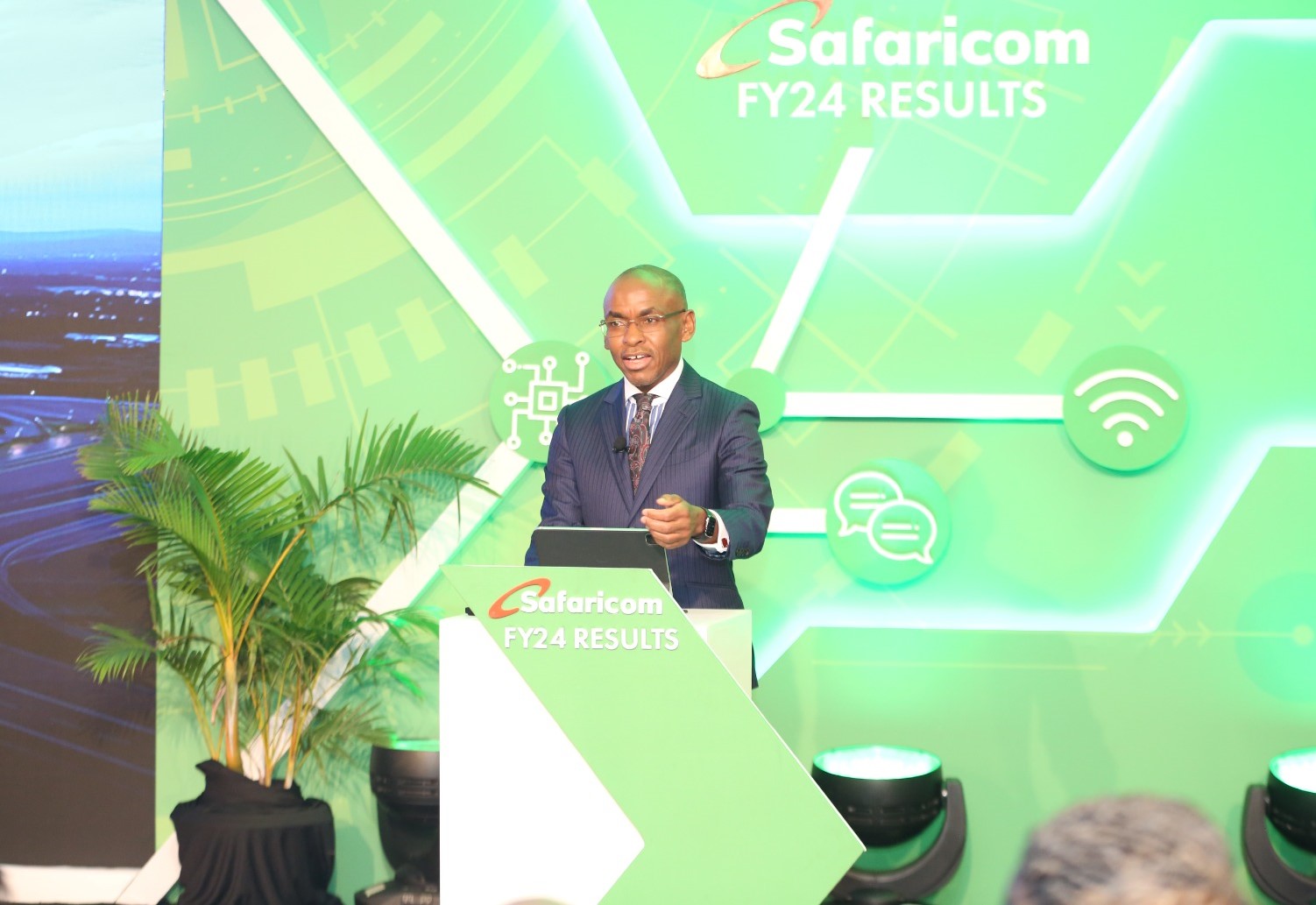 Safaricom CEO during the Safaricom Financial Results announcement for the full year 2023/2024 on May 9, 2024. (Photo: Safaricom PLC)
Safaricom CEO during the Safaricom Financial Results announcement for the full year 2023/2024 on May 9, 2024. (Photo: Safaricom PLC)
In a letter to the CA dated July 9, Safaricom warned that the current regulatory gaps could lead to illegal connections and security risks, particularly with the lack of oversight on cross-border satellite services.
In response, the CA assured the court that no immediate changes would be made to the regulations governing Starlink, calling Kituo Cha Sheria's lawsuit a proxy for Starlink's interests.
"We are still in the process of developing the regulatory framework for the subject sector to ensure fair competition and quality of service for all industry players," the CA stated.
Appealing option
Since Starlink's arrival in Kenya, the number of locals using satellite internet has surged. The company's pricing model, which offers satellite broadband at just Sh1,300 per month, has posed a direct challenge to local internet providers.
In comparison, the cost of internet in the United States is much higher, priced at $120 (Sh15,504) per month, making Starlink an appealing option for many Kenyans, particularly in rural and underserved areas.
Despite its growing presence in Kenya, Starlink has faced resistance from local telecom giants. Airtel Kenya and Jamii Telecom have both lodged formal protests with the CA, calling for tighter controls on the service to protect local players.
President William Ruto has publicly supported Starlink's entry into Kenya, seeing it as a step towards lowering internet costs and enhancing digital inclusion.
However, the company's entry into the African market has been far from smooth.
While Kenya, along with countries like Nigeria, Rwanda, and Mozambique, has welcomed Starlink, other African nations, including Cameroon, South Africa, and Senegal, have either banned the service or placed restrictions on its operations.
In South Africa, for example, Starlink was denied a license earlier this year for failing to comply with local requirements, including the need to offer a 30 per cent equity stake to local investors.
Similarly, in Cameroon, Starlink's equipment was seized by authorities for operating without the necessary permits.
Starlink's global expansion has also sparked competition and concerns among other industry players.
In India, Mukesh Ambani, Asia's richest man and head of telecom giant Reliance, has raised concerns with the country's telecoms regulator about the potential impact of Starlink on local businesses.
Ambani, who has been aggressive in offering affordable mobile data in India, is wary of Starlink's disruptive pricing strategy.
Meanwhile, Starlink's rival, Amazon's Kuiper, has partnered with Vodafone to roll out satellite internet services in parts of Europe and Africa, aiming to connect remote mobile base stations to Vodafone's core networks.
This partnership highlights the growing competition in the satellite internet sector, which is increasingly becoming a battleground for tech giants and telecom companies.
For now, Kenya has given Starlink a temporary license to operate in the country, valid for a year.
In a letter dated June 8, 2023, the CA granted Starlink permission to operate within specific frequency bands for a period not exceeding 12 months, as the regulator works on a permanent framework for the sector.
As Kenya continues to develop its regulations, the role of international bodies like the ITU will remain crucial in shaping a global approach to satellite internet regulation.
The CA has stressed that a harmonised global regulatory framework is needed to ensure fairness, prevent interference, and address security concerns across the satellite sector.
Top Stories Today

